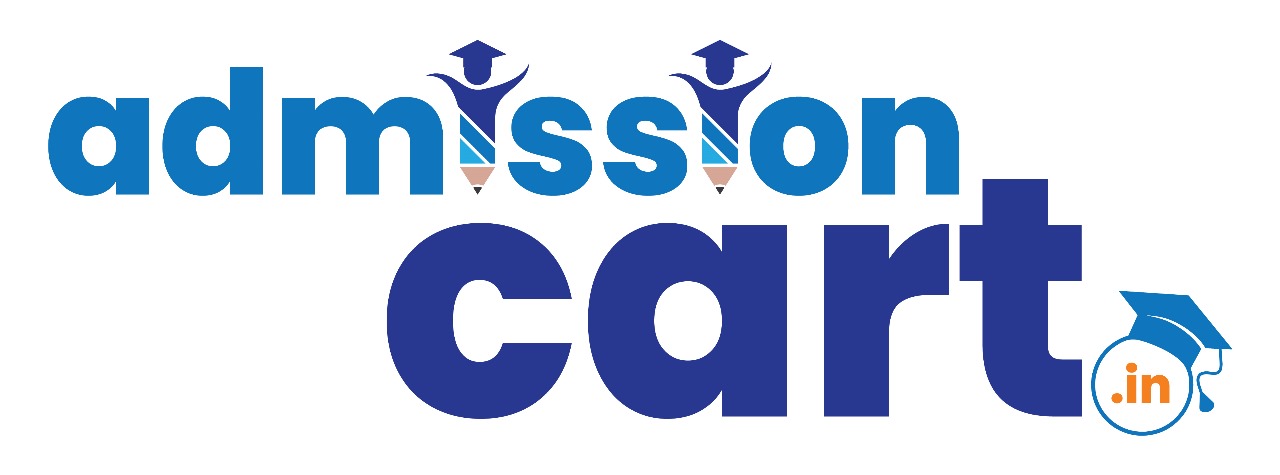Education - Definition, Importance & Levels.

EDUCATION:
Over the past millennia, humans have evolved a lot. Over the period of this evolution, we learnt a lot of things, made new discoveries, and consequently have been passing on these to our newer generations. This transmission of knowledge and the things learnt from generation to generation happens in many modes and ways. In simple words, this transmission of thoughts and learning is education. Education consists of two parties. On one hand, are the ones who pass on these things to the oncoming generations and the other are the ones who are at the receiving end of it. This process is what makes up the whole scope of Education. Many people believe that education is only what we imbibe at school. But the reality is completely opposite. Just like it is said that we humans learn throughout life, similarly, there is no age limit or specific time to get educated. This process of education continues through life and is inclusive of the knowledge, skills, habits and value system that has continued for long. The prime aim of education is to ensure the holistic development of a person. Education not only aims to provide knowledge to a particular person but also prepares and trains the person for life.
IMPORTANCE OF EDUCATION:
- It imparts knowledge.
- Helps in personality development
- Makes us a good human being
- Plays a major role in skill set development.
- Makes the human mind innovative and open to asking questions.
- Education is a huge must have for employment.
- Results in a better society.
- Helps empower the underprivileged sections of the society.
All of these points are surely more than enough to make you understand the importance of Education and the education system.
LEVELS OF EDUCATION:
The educational system is classified into varied branches that explain the various levels of education. India’s educational system is divided into two broad levels:
- School Education
- Higher Education.
Let’s take a in detail look at these levels:
School Education:
Pre Primary Stage: Consisting of Pre Nursery, Nursery, LKG and UKG, Pre Primary usually caters to kids in the age group of 3-6 years. Private schools are present in a huge majority in the pre primary segment.
Primary Stage: Also known as Elementary Education, the primary stage of education is usually upto class 5th. The age group for this level is usually 6-12 years. Both government and private schools are active but one big difference is that education at primary level is free in government schools but is paid in private schools.
Middle Stage: The middle stage of education is usually for kids in the age group of 12-14 years and covers classes 5th to 8th.
Secondary Stage: Students aged 14-16 years are found in the secondary stage and classes 8th to 10th are covered under the ambit of Secondary Stage. Secondary schools, high schools are some of the names for these schools that provide education till class 10th.
Senior Secondary Stage: Every state has a different set of norms and yardsticks to define the period of the middle and secondary stage of education. But when it comes to the Senior Secondary Stage, there is one set duration and pattern for it. Senior Secondary stage covers classes 11th to 12th and the age group of students is usually 16 to 18 years. It is in this stage that students get to choose the subjects and stream of their choice. Commerce, Humanities, Medical and Non-Medical are the options available for the students to take. Schools providing senior secondary education are known as Senior Secondary and Higher Secondary schools.
Higher Education:
Undergraduate Stage/Bachelor’s Level: Undergraduate stage of Education is the first rung on the ladder of Higher Education in India. A huge majority of the market share is in the hands of colleges and just a handful of other schools/institutes offer undergraduate studies. Most of the undergraduate courses are for 3 years and cover the streams of humanities, commerce science etc. Some of the courses are of a duration of 4 years as well but these usually are in the field of pharmaceutical sciences, engineering etc. Further, there are some other integrated courses as well that last for 5 years like the BA LLB 5 years course and certain courses in the field of medicine as well.
Post Graduate Stage/ Master’s Level: After completion of the undergraduate level, the candidates have the option of going in for a masters' degree. The duration of a master’s programme is 2 years. Post Graduate Studies are offered in general by universities with a few colleges too active in the field. Post Graduate studies are in a specific field and are meant for specialization in that sphere of study.
Doctoral Stage/PhD Level: This level includes courses like PhD and M.Phil and includes huge amounts of research. Studies and research at this level are deep, intricate and usually involve a guide like in the PhD course. These courses start from a period of 1.5 years as in the case of M.Phil and go up to many years as the research and submissions of PhD can take time owing to the detailed research.
Apart from these mainstream levels of education, there are a few other levels and types of education that are undertaken in our country.
Certificate and Diploma Courses: Universities offer a large number of diplomas and certificate courses that cover almost everything and also those things that are not covered by the regular courses provided by the colleges/universities. The duration of these courses ranges from 1 year to a period of 3 years. These diplomas could be of undergraduate and postgraduate levels.
Vocational Education and Training: Vocational Education is different from conventional degree courses. In this course, the syllabi are inclined towards making the student industry/trade ready. Vocational Training usually is focused on a single trade and aims to take the student as close to perfection in that field as possible. Vocational Courses can range from a few months to a year. Some can last more than a year as well.
Modes Of Education:
Education can be imparted and received via majorly 3 modes:
- Formal
- Informal
- Non-Formal
FORMAL EDUCATION: Formal Education is the education that is imparted at recognized establishments of education like schools, colleges etc. Students are expected to attend regular classes according to a specified timetable. The student is taught by qualified teachers who aim to teach and finish the syllabus in a fixed period of time. The system includes internal exams as well as exams conducted by external agencies. Upon completion of the studies, a proper degree/certificate is awarded to the students as well. On the downside, it has the potential to lead to bad habits being inculcated by the child due to the companionship of both good and bad peers. Also, the student might be prepared for the next grade, but owing to the strict academic calendar, he/she has to wait for the calendar to end before going on to the next class. Also, the fees and other expenses are on the higher side. Also, not all educational institutions are worthy of getting one’s child admitted there. A bad unprofessional experience can lead to ruining a child’s future.
INFORMAL EDUCATION:
The biggest difference between formal and informal education is that, unlike formal education, Informal Education is not received at any educational institution like school or college. A very basic example of informal education is that of parents teaching their kids to walk. There is no fixed timetable and no predefined syllabi to follow. As informal education is a daily life learning process, there are no fees. Also, there are no certificates/degrees and there is no pressure to perform well in exams. Researching on a particular topic using books, the internet is also a part of informal education. Another example is when we are discussing something with our family and friends. There are a lot of new things that we gather and this is also an example of informal education. While Informal Education is convenient and easy, there is a flip side to it as well. Conversations with family/friends may be fun and informative but there is a strong chance of misinformation getting spread around as well. Similar is the case with the internet and social media. Formal education tends to instil in us a sense of discipline and good habits and this is lacking in informal education.
Learners of informal education tend to lack confidence as well owing to limited exposure to the personality building schedule at schools/colleges.
NON FORMAL EDUCATION:
Non Formal mode of education is the third mode of education and is the most important and relevant mode of education, especially keeping in minds the current situations around the world. Not only because of world situations but also because of various professional reasons and otherwise as well, Non-Formal Education is most in-demand right now. This includes school equivalent prep and adult literacy as well. Distance Learning, Home-based learning, and programmed learning are all examples of Non-Formal Education. Community-based adult learning programmes are another example of Non-Formal Mode Of Education. Non-formal mode of education is also well planned like Formal but is not within the confines and limitations of a school/college/university. Also, the hours of learning are flexible and can be modified according to the learner’s needs. The biggest advantage of non-formal education is that there is no age limit so anyone can start at any time and age. It can be full-time learning or part-time learning but in either case, the fees are comparatively less than conventional modes of learning. Also having the luxury of a part-time study schedule means that the students can opt to work and study at the same time. So this mode of study does not turn out to be heavy on the pocket because the income of the working candidates isn't compromised. This is an open-ended educational sector that promotes education along with everyday life-work schedules. Opposed to so many advantages, there is just one disadvantage with the Non-Formal mode of education. Many institutes take advantage of needy and trusting students and deceive them with fake or inconsequential degrees/certificates.
Recent Blogs
Apply Now
